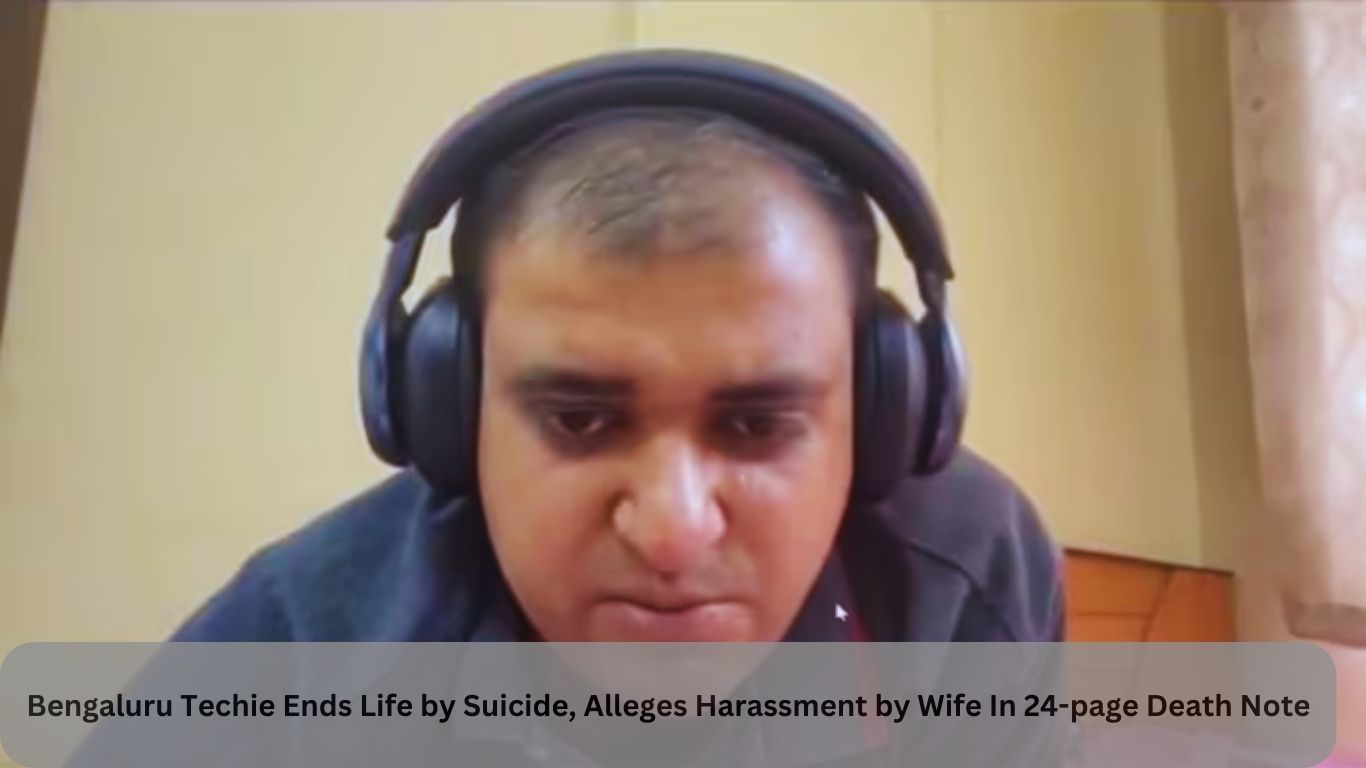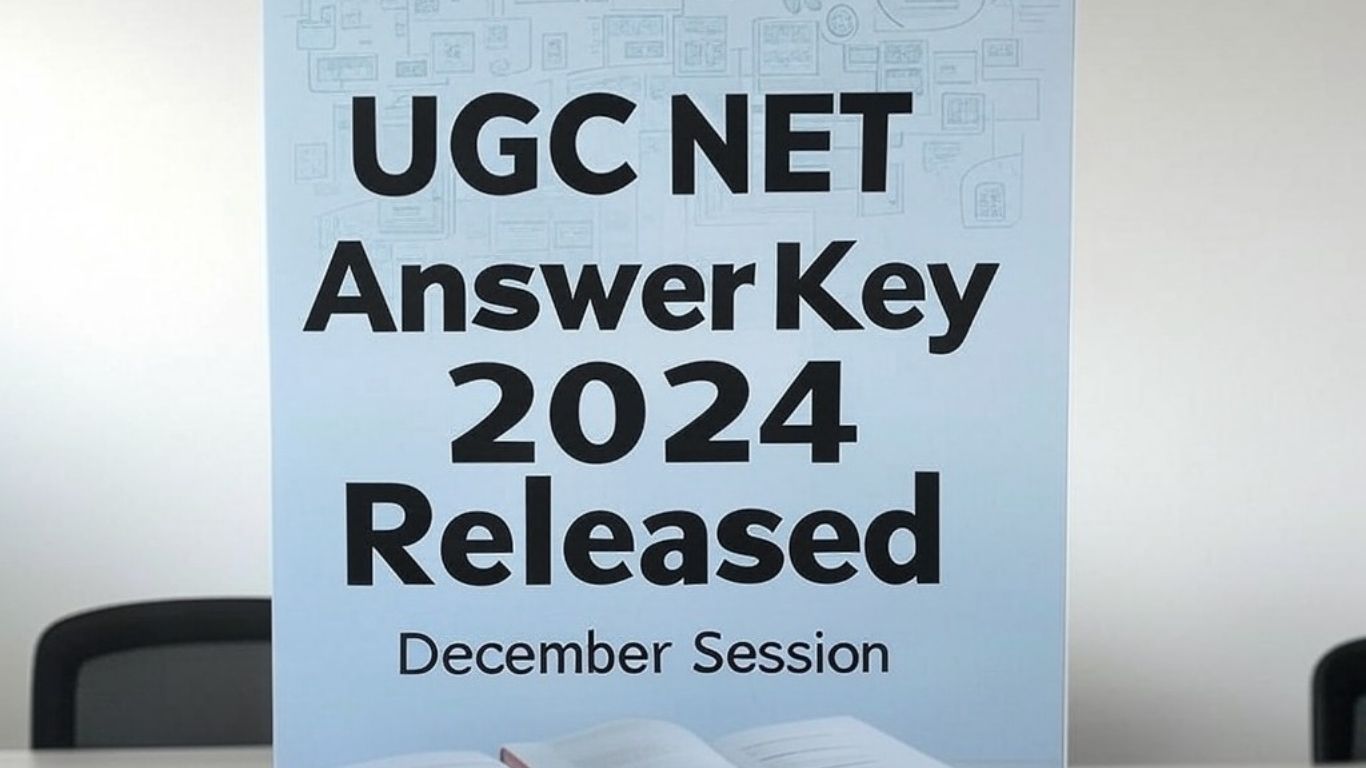The tragic death of Atul Subhash, a techie from Bengaluru, has sparked outrage and reignited an ongoing debate over the protection of men’s rights. Atul, who died by suicide, left behind a chilling 24-page note and a 90-minute video accusing his estranged wife and her family of severe harassment. His brother, Bikash Kumar, is now calling for justice and legal reform to protect men from false accusations and harassment, highlighting the gender biases within India’s legal system.
The case has drawn attention to the struggles men face in the face of false accusations and the perceived bias of the legal system. Bikash’s statements have brought the conversation about men’s rights and the flaws in current judicial procedures to the forefront. Let’s explore the details of this case and the broader implications it has for the rights of men in India.
The Tragic Incident: Atul Subhash’s Suicide
Atul Subhash, originally from Uttar Pradesh, was found dead in his Bengaluru apartment, an apparent victim of the immense stress caused by years of legal battles. In his final moments, he left behind a detailed 24-page suicide note and a 90-minute video, in which he detailed the harassment he faced from his wife, Nikita Singhania, and her family. The accusations were severe: multiple false cases were filed against him, including charges of murder, dowry harassment, and domestic violence.
In the video, Atul explained how his wife demanded a monthly maintenance of Rs 2 lakh for herself and their son, further intensifying his financial and emotional stress. Despite the gravity of his accusations and the clear documentation he left behind, no immediate arrests were made in connection with his death.
Bikash Kumar’s Plea for Justice
Atul’s brother, Bikash Kumar, has been vocal in his demand for justice. Speaking to news outlets, Bikash emphasized the need for laws that protect men from harassment. “I want justice for my brother,” he said, pointing out that Atul’s case was not an isolated incident but part of a broader pattern of men being unfairly treated under the law.
Bikash further highlighted the inconsistency in how cases involving men and women are treated. He pointed out that when a woman dies by suicide, her husband is often immediately arrested, even without a suicide note. In contrast, despite Atul leaving a clear record of his ordeal, no arrests have been made so far. This stark contrast underscores the gender biases that many believe are inherent in the legal system.
The Legal System’s Response to Atul’s Death
Following Atul’s death, a First Information Report (FIR) was filed based on the complaint lodged by Bikash Kumar. The police initiated an investigation into the allegations, but there has been no significant progress yet. The accused, including Atul’s wife and her family, have yet to be arrested, and notices may soon be issued to them for further investigation.
This lack of immediate action has raised concerns about the efficiency and fairness of the legal system. While the case remains under investigation, many are questioning whether the system is working as it should. Is justice delayed in cases involving men, particularly when the victims are not as widely supported or believed as women?
The Role of Social Media in Highlighting the Case
The #JusticeForAtulSubhash movement has gained significant traction on social media, with users from across the country expressing outrage over the apparent bias against men. Many have rallied behind Bikash Kumar, calling for a fair and unbiased investigation. Social media has played a pivotal role in keeping the case in the public eye, with many individuals sharing their own experiences with gender-based legal biases.
The online conversation surrounding Atul’s suicide has been a catalyst for discussing men’s rights more broadly. The campaign has pushed for legal reforms to protect men from false accusations and harassment, giving a voice to those who feel neglected by the system.
Atul Subhash’s Accusations Against His Wife
Atul’s allegations paint a disturbing picture of the personal and legal torment he endured. He claimed his wife filed multiple false cases against him, including accusations of murder, dowry harassment, and domestic violence. These charges, he argued, were entirely fabricated and designed to punish him, with no regard for the truth.
Atul’s case highlights a larger issue: the vulnerability of men in the face of false accusations, especially in cases involving family disputes. The mental and emotional toll of such accusations is often overlooked, and men are left to navigate an unforgiving system without the same level of support or protection available to women.
The Family’s Perspective: A Father’s Regret
Pawan Kumar, Atul’s father, has also spoken out, expressing his deep regret over the situation. He described the numerous court visits and legal battles his family endured in an attempt to clear Atul’s name. “The system failed us,” Pawan said, adding that the emotional strain was too much for Atul to bear. The family’s suffering was compounded by the fact that Atul never fully expressed the extent of his distress to them.
This tragic situation underscores the need for legal reforms that would help men in similar situations. It also reveals the emotional toll that family members of men who face false accusations must endure, often without sufficient support from the system.
Misuse of Laws: A Growing Concern
One of the key issues raised in this case is the misuse of Section 498A of the Indian Penal Code, which deals with cruelty against women by husbands and in-laws. While this law was initially introduced to protect women from domestic abuse, there is a growing concern that it has been increasingly misused as a tool for personal revenge.
The Supreme Court has previously expressed its concern about the widespread misuse of this law, noting that many men are subjected to false charges. In fact, it has been reported that a significant percentage of cases















